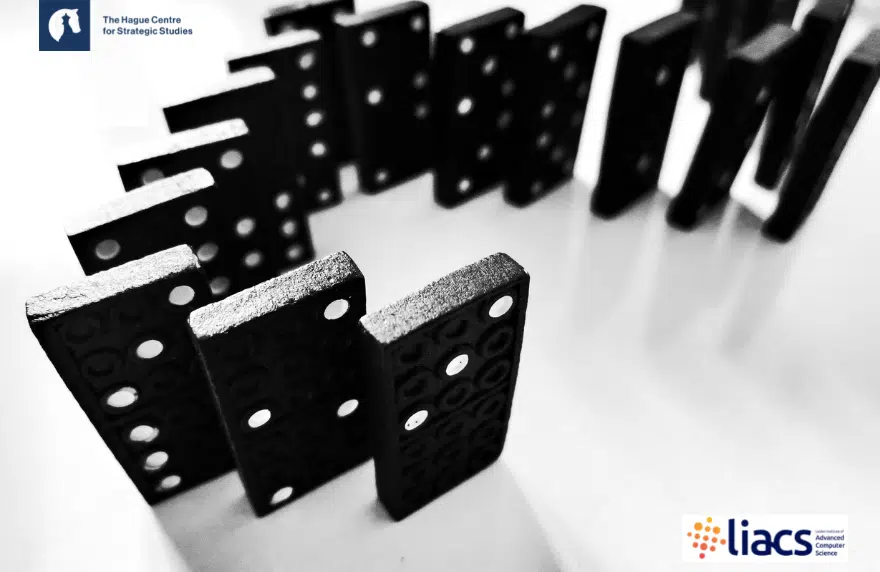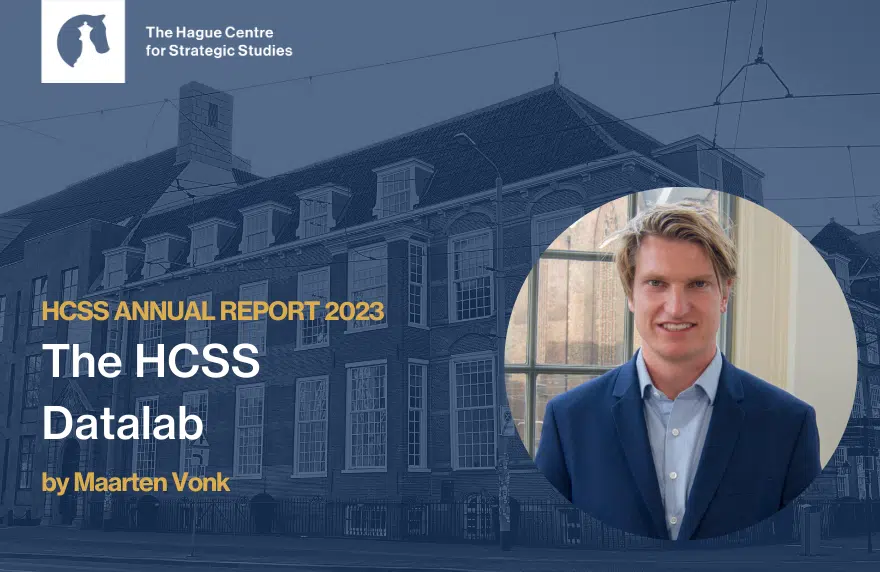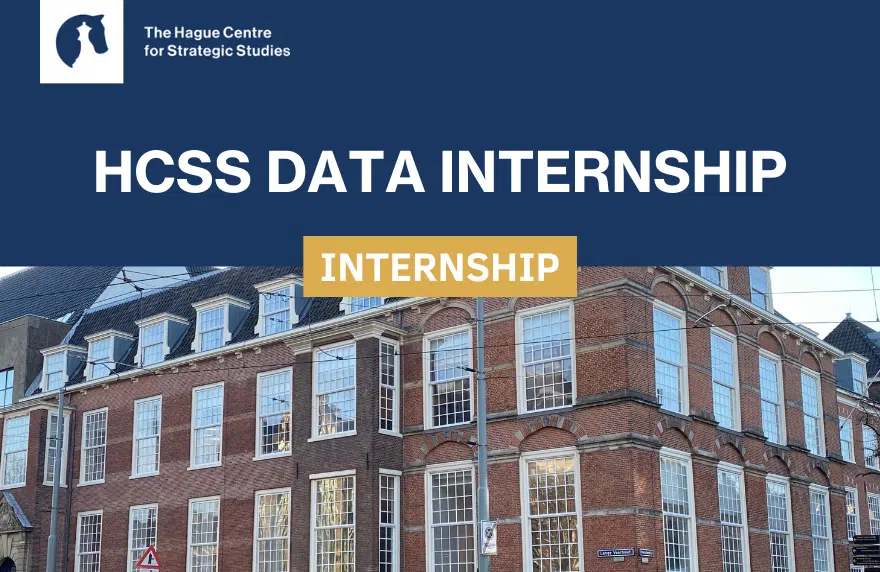On April 24, HCSS data scientist Maarten Vonk presented his research paper “A Bayesian Network Approach to Hybrid Threat Modelling” to the International Conference on Military Communication and Information Systems (ICMCIS) as part of NATO Science & Technology Organization (STO).
As hybrid threats are gaining prominence in modern conflicts, insights into the effectiveness of counter-hybrid measures are increasingly relevant. Using empirical simulations, Maarten’s modelling effort sheds light on the effectiveness of various measures in the context of a cyber-attack on critical infrastructure.
Please find a preprint of the paper, coauthored with Tim Sweijs and Raffaele Minicozzi, here.
Abstract:
Western governments have adopted an assortment of counter-hybrid threat measures to defend against hostile actions below the conventional military threshold. The impact of these measures is unclear because of the ambiguity of hybrid threats, their cross-domain nature, and uncertainty about how countermeasures shape adversarial behaviour. This paper presents a model to simulate the impact of countermeasures on hybrid threat behaviour through a Bayesian Network approach – a probabilistic modelling technique. The model balances the costs of countermeasures, their ability to dissuade the adversary from executing hybrid threats, and their potential to mitigate the impact of hybrid threats. We run 1000 variants of a semi-synthetic scenario simulating the strategic interaction between attacking agent A and defending agent B over a cyber attack on critical infrastructure to explore the effectiveness of a set of five different counter-hybrid threat measures. Counter-hybrid measures range from strengthening resilience and denial of the adversary’s ability to execute a hybrid threat to dissuasion through the threat of punishment. Our analysis primarily evaluates the overarching characteristics of counter-hybrid threat measures This approach allows us to generalize the effectiveness of these measures, rather than attributing results to measures individually. In addition, we discuss policy relevance and outline future research avenues.








